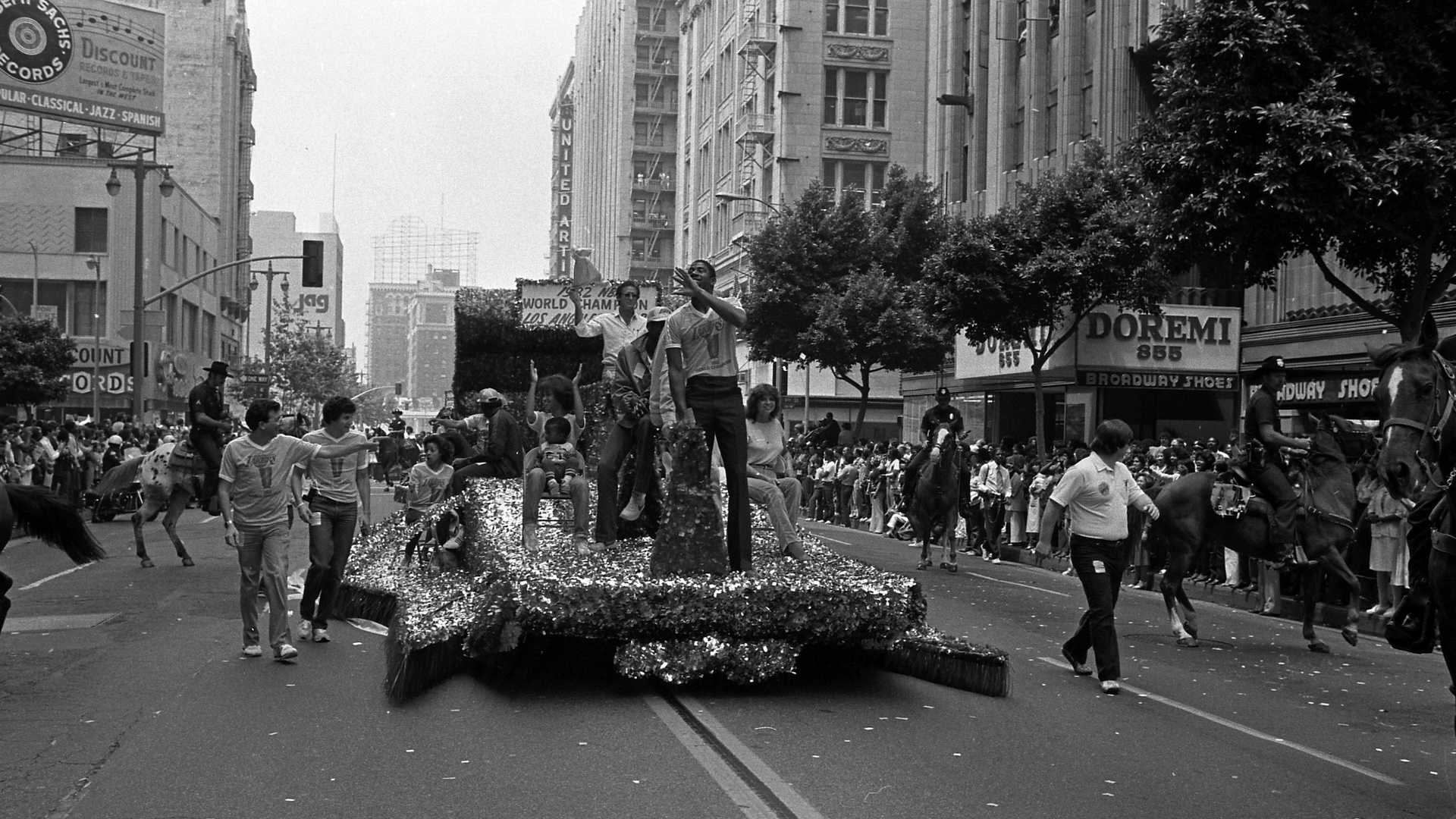The NBA Has Entered Its Parity Era, For Better or Worse
Photo by Rick Meyer, Los Angeles Times/Wikimedia Commons
With the NBA’s conference finals kicking off tonight, basketball fans are now guaranteed something unprecedented in the league’s history: this year’s eventual champion will be the seventh different winner in a row. Through a combination of rule changes, booming league depth, and maybe a little bit of blind luck, the NBA has achieved the sort of parity that it has long touted but never really achieved.
Dating back to 2019: Toronto Raptors, Los Angeles Lakers, Milwaukee Bucks, Golden State Warriors, Denver Nuggets, Boston Celtics. Viewed a certain way, that collection of champions is exactly what the NBA probably wants — its two most storied franchises, the tail end of a dynasty, a couple of somewhat smaller markets, all getting a piece. And this year, the title will land in either a decidedly small market including Oklahoma City, Minnesota, or Indiana, or, of course, the biggest market of all, if the Knicks continue a charmed run.
-

-

-

-

-

-

-

-

-

-

-

-

-

-

-

-

-

-

-

-

-

-

-

-

-

-

-

-

-

-

-

-

-

-

-

-

-

-

-

-

-

-

-

-

-

-

-

-

-

-

-

-

-

-

-

-

-

-

-

-

-

-

-

-

-

-

-

-

-

-

-

-

-

-

-

-

-

-

-

-

-

-

-

-

-

-

-

-

-

-

-

-

-

-

-

-

-

-

-

-

-

-

-

-

-

-

-

-












































































































